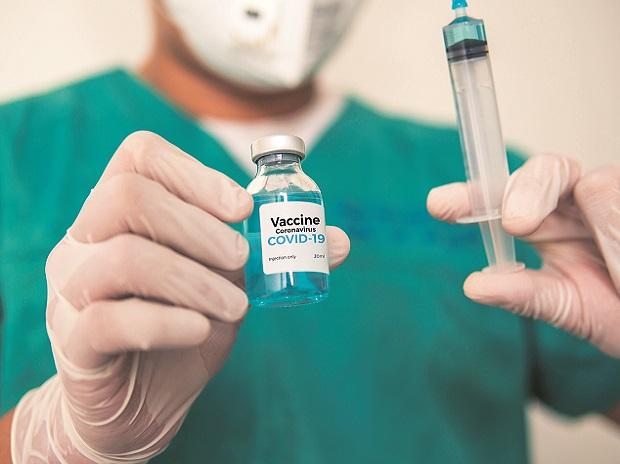
Following the massive second wave in the country, the Indian Council of Medical Research (ICMR) plans to conduct a fourth serological survey across the country to assess the prevalence of Sars-Cov-2, the virus that causes Covid-19, according to experts familiar with the plan.
“It is currently being discussed and will be announced formally by the director general of ICMR,” said Dr Samiran Panda, head, epidemiology and communicable diseases division, ICMR.
Sero surveys, according to experts, are crucial for determining disease prevalence and developing countermeasures. In the current situation, a new sero survey could assist the government in determining when movement restrictions should be eased. “Quick rounds of sero surveys can be conducted to know the antibody prevalence that will help in opening up accordingly. I suspect that the positivity rate, which has gone down, is largely due to natural infection,” said Dr Sanjay Rai, professor, community medicine department, All India Institute of Medical Sciences, Delhi.
Experts also predict that the fourth survey will differ from the previous three because, in addition to a massive surge, a portion of the population has been vaccinated in the last four months. “What we look for in a sero survey is the presence of antibodies against the virus, and at this stage the antibodies seen could be because of not only infection but also vaccination,” Dr Panda said.
He also pointed out that among the infected are those who were asymptomatic or mildly symptomatic and some who got seriously sick. “It will be a mixed kind that we will get this time, while earlier there was infection/disease transmission dynamics,” Panda said.
In a sero survey, blood samples are tested for the presence of IgG (Immunoglobulin G) antibodies, which indicate a previous virus infection. Sero surveys are also useful in determining whether the disease has progressed to the stage of community transmission.
The National Institute of Epidemiology of the Indian Council of Medical Research (ICMR) in Chennai has been the nodal agency for all previous surveys and will most likely oversee the fourth one as well.
Earlier sero surveys suggested that a large portion of the population was still susceptible to the virus, and India was still far from achieving herd immunity. The first was a cross-sectional survey of adults aged 18 and up from 21 states, with districts divided into four strata based on the number of Covid-19 cases per million population reported.
Except for the age bracket — samples were taken from people aged 10 and up — all other parameters were the same in the second and third rounds.





